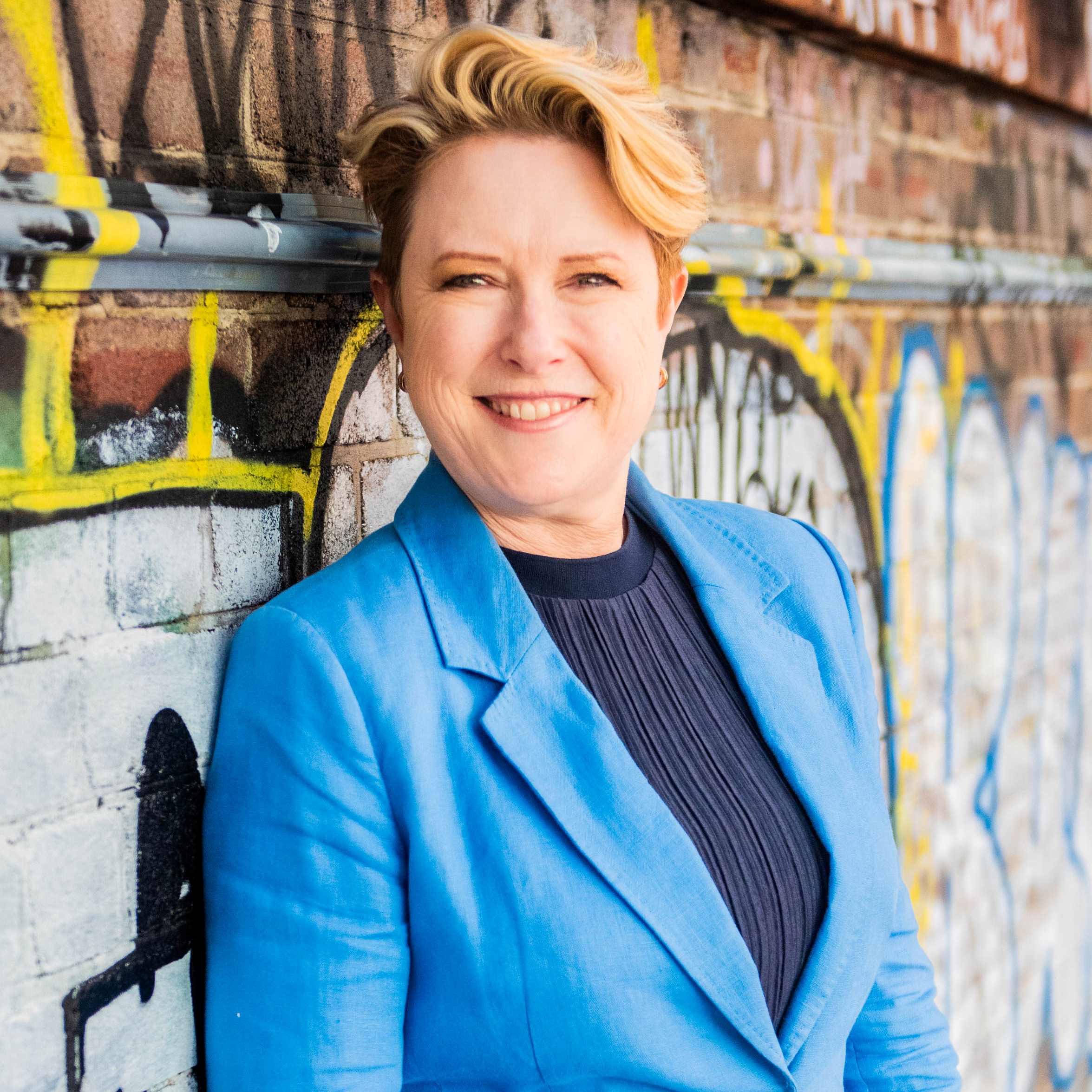Why most property statistics don't matter.
Written by Meighan Wells
Property statistics make great headlines.
There have been entire careers built on a devotion to property statistics, and while I understand the attraction, I prefer to rely on something more important when sourcing a property.
Those real estate numbers are excellent for representing an idea or opinion in a format that most educated readers will comprehend.
Statistics are also effective for generating banner headlines. They're raising the click-ability factor of a story by making outrageous pronouncement and adding overzealous adjective.
“Market plummets as median hits 10-year low!”
“Real estate topples as rocketing vacancy rates spell doom for overextended landlords”
You get the idea.
But here’s the thing. When you work daily helping real life buyers purchase actual property, all the metrics in the world won’t get the deal done.
For me to successfully do my job as a Buyers’ Agent, statistics are a useful tool, but really great outcomes aren’t hinged to number crunching.
Here’s why I believe stats don’t matter much.
Property statistics can be manipulated.
Measures such as median price movements, vacancy rates and mortgage-to-income ratios are handy for honest commentators to paint a broad picture of property markets.
However, if someone is seeking to argue a point in order to bring you onto their side and take a piece of your financial pie, stats can become a powerful weapon in their arsenal.
Take recent capital growth figures for somewhere like Sydney where five-year numbers show it was by far the strongest Australian market on the graph.
Move that out to a 15-year growth rate (a period most commentators would agree contains more than one property cycle) and you’ll see Sydney came in eighth place for capital gains according to one source. Another source will be able to prove that the capital growth over the same period was the highest in the country.
These sorts of statistics can tell a tale, and if the person supplying your data has a hidden agenda, that can spell trouble.
Don’t be surprised if you come across a negative gearing guru selling a property investment scheme by demonstrating how compounding 10 per cent gains in NSW will see their buyers triple their return in no time. And he’ll quote the last five years for Sydney as evidence.
By applying certain parameters, unscrupulous operators can manipulate the numbers to their advantage, not yours.
Generalisation leads to errors.
Stats rely on a weight of evidence. To be more precise, analysts need a large data sample to generate a meaningful measure and draw a conclusion.
In fact, some analysis gets ignored because, ‘the sample was too small.’
For me, it’s fine to pay attention to a broad-brush evaluation of a market, but when it comes down to operating as a specialist buyers’ agent, these figures do little to help my client, because the true value of a home relies on more nuanced details than just a suburb’s median price.
I’ve yet to be involved in the final stages of negotiating a purchase and then had a convincing argument thrown up by the seller around stats.
Me: “We are prepared to go to $692,000 and no more”
Agent: “But recent data reveals there’s been a six per cent rise in the median price for housing in this location and given they bought two years ago for $650,000, you’ll have to pay more,”
Me: “Oh… OK… where do I sign?”
This just does not happen because, by this point, I care as much about the metrics as I do about the plight of being a Kardashian.
Individual property selection is a nuanced art relying on a myriad of factors. I want to compare like-with-like properties and the relative gain in a suburb’s median price has zero impact on my buy/don’t buy decision.
Hindsight isn't the best predictor.
Statistics are used to make predictions, but the mountain of influencers that alter markets is so big, Edmund Hillary would have a hard time strolling over it.
If predicting the market was as easy as hitting “enter” we’d all be taking our private jet to the Camens.
Government policies, technological advances, industrial movement, commercial realities, consumer confidence and just about any other economic catch phrase you wish to mention all come to the party when tracking real estate prices.
A sudden change in of those can cause a swift shift in our real estate world.
What is best for first home buyers?
While I’ll continue to use statistical analysis to help understand broad market musings, the most important numbers for me remain at the pointy end of individual property deals.
That means actual comparable sales evidence and real-life rents within those areas I’ve identified as great opportunities for my clients. These transactions tell me what I want to pay and what I can expect.
Stats have their place, but on-the-ground qualitative experience is yet to let me down.
Veronica Morgan & Meighan Wells
Veronica & Meighan are both licensed real estate agents who exclusively help buyers. Together they have nearly 40 years experience as property professionals.
Veronica is principal of Sydney based Good Deeds Property Buyers and is also co-host of The Elephant in the Room property podcast as well as Location Location Location Australia on Foxtel and author of Auction Ready: how to buy property at auction even though you're scared s#!tless!
Meighan is the multi award winning principal of Brisbane based Property Pursuit, chairperson of the REIQ Buyers Agent Chapter & a regular media commentator.





